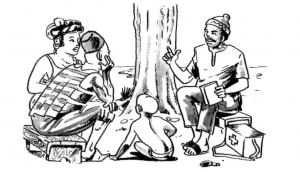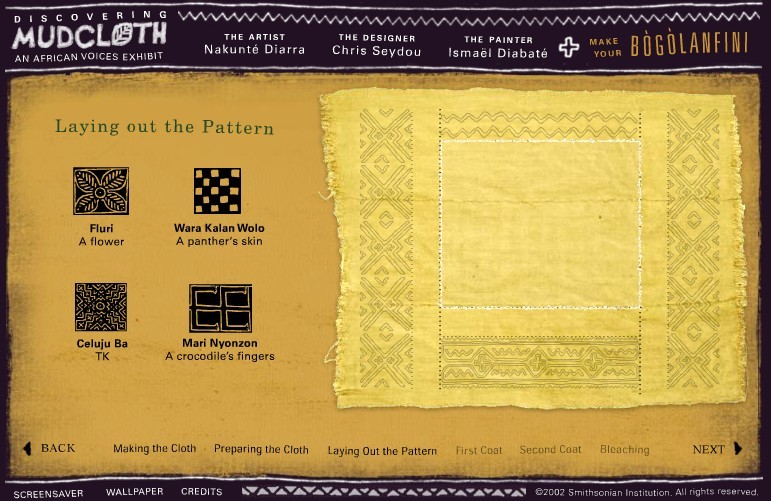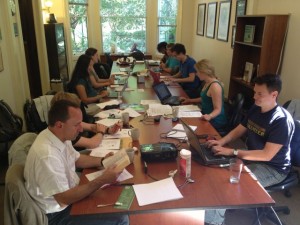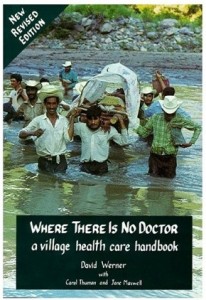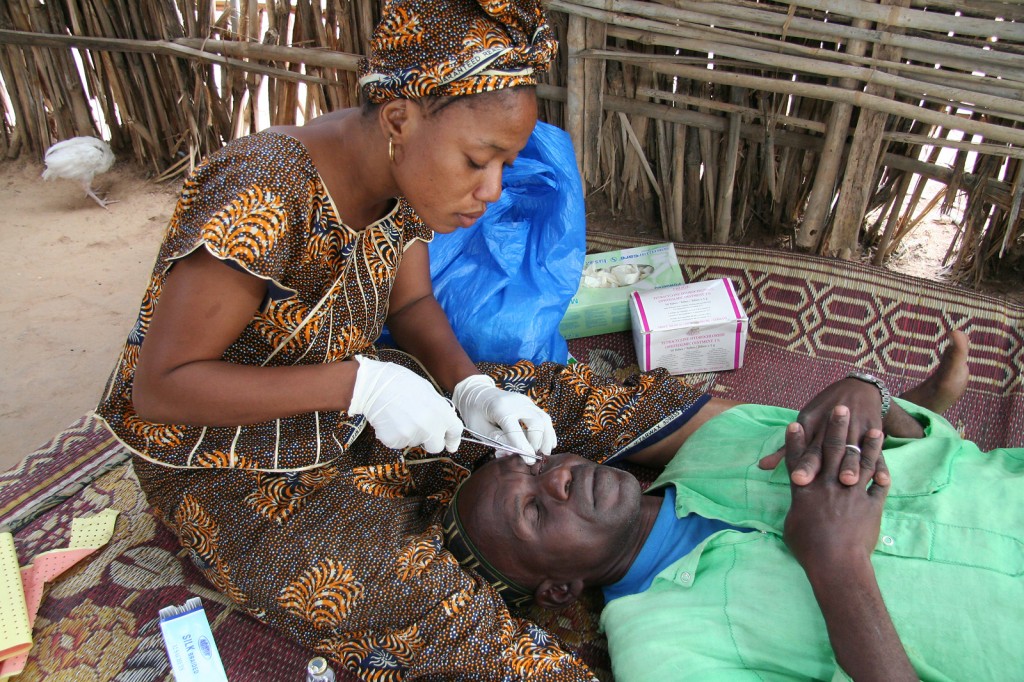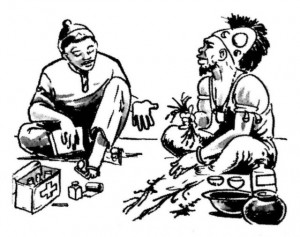The Dokotoro project met for their June steering committee a few weeks ago and we are steadily plugging away!
One key discussion item related to the forthcoming “fully revamped” edition of Where There Is No Doctor, which Hesperian will release around 2020. Until then, Hesperian is periodically posting a few new chapters at a time on its website. Some of the information (such as the material in “Belly Pain, Diarrhea and Worms”) can be found in the current 2013 version, but it is re-organized and re-presented. Other material is completely new (such as a lengthy chapter on Water and Sanitation). We have to decide how to incorporate the changes and whether to translate the new material. Every new chapter we decide to incorporate will naturally require additional effort and cost.
We also had a report-back from a meeting that a few Steering Committee members held with Hesperian regarding its agreement with the Senegalese NGO Enda. Enda has exclusive rights to distribute the French West Africa edition of the book in the region. We use Enda’s edition as one of our base texts, as it includes culturally-appropriate illustrations and some region-specific information. However, we also use WTIND 2013 for its medically-updated information. A key question is whether we will be allowed to incorporate our French “back-translation” (a French translation of our Bambara text, which produce in order to make it easier to update the book in the future) into a bilingual French-Bambara edition.
Finally, the committee discussed the exciting prospect of field testing a few of our draft chapters. Steering Committee member and African Sky Executive Director Scott Lacy will be leading these efforts. Scott is a Professor of Anthropology at Fairfield University and visits Mali frequently. Also, several colleague organizations have offered to share draft chapters with health care educators and providers. More on this soon!

